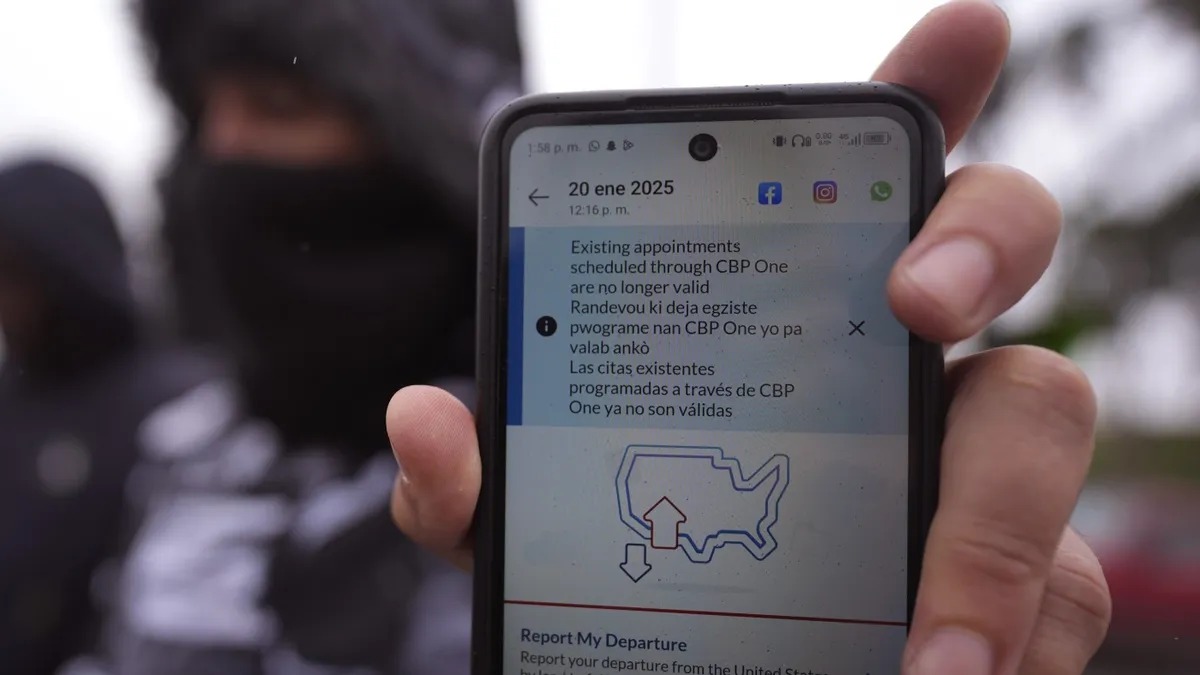
A federal judge in Washington, D.C., delivered a significant ruling on Wednesday, stating that the Trump administration cannot deny entry to individuals crossing the southern border who wish to apply for asylum. This landmark decision emphasizes that neither the U.S. Constitution nor federal immigration law grants the president the authority to make such determinations regarding asylum seekers.
The controversial proclamation denying entry to asylum seekers was issued by President Trump on his very first day in office. Asylum has been a critical component of U.S. law since 1980, designed to protect individuals who fear for their safety. Under this law, individuals can seek refuge in the United States if they can demonstrate a credible fear of persecution in their home countries.
While previous U.S. presidents have attempted to impose stricter regulations on asylum applications, the scope of Trump's order was unprecedented. According to Lee Gelernt, the deputy director of the ACLU's Immigrants' Rights Project, the policy represented an outright ban on all asylum claims. Gelernt noted in January that this move went far beyond anything that even President Trump had attempted previously.
In February, a coalition of immigrant rights advocacy groups, including the ACLU, the Texas Civil Rights Project, and the National Immigrant Justice Center, filed a lawsuit against this policy. They argued that the proclamation posed a grave danger to thousands of lives, particularly for those fleeing violence and persecution in their home countries.
In his detailed 128-page ruling, U.S. District Judge Randolph D. Moss asserted that the president does not have the power to create an alternative immigration system that overrides the laws enacted by Congress. This ruling underscores the importance of the legislative process in shaping immigration policy and protects the rights of asylum seekers.
Immigrant rights groups have consistently challenged the president's portrayal of the situation at the southern border as an "invasion," arguing that such language misrepresents the plight of vulnerable individuals seeking safety and support in the United States.
This ruling marks a pivotal moment for asylum rights in the United States and highlights the ongoing legal battles surrounding immigration policy. As the situation evolves, the commitment to uphold the rights of those seeking asylum remains a crucial aspect of the American legal and social landscape.